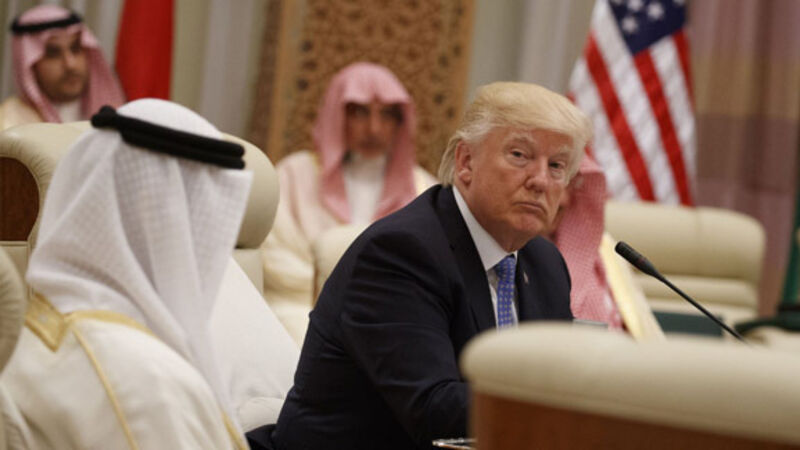Do human rights matter to Trump?

By referring to Saudi Arabia as an innocent party, the US president has made clear that he is prioritising the nation’s economy, not its morality, says .
If it’s an ‘America First’ presidency, where does that rank human rights?
















